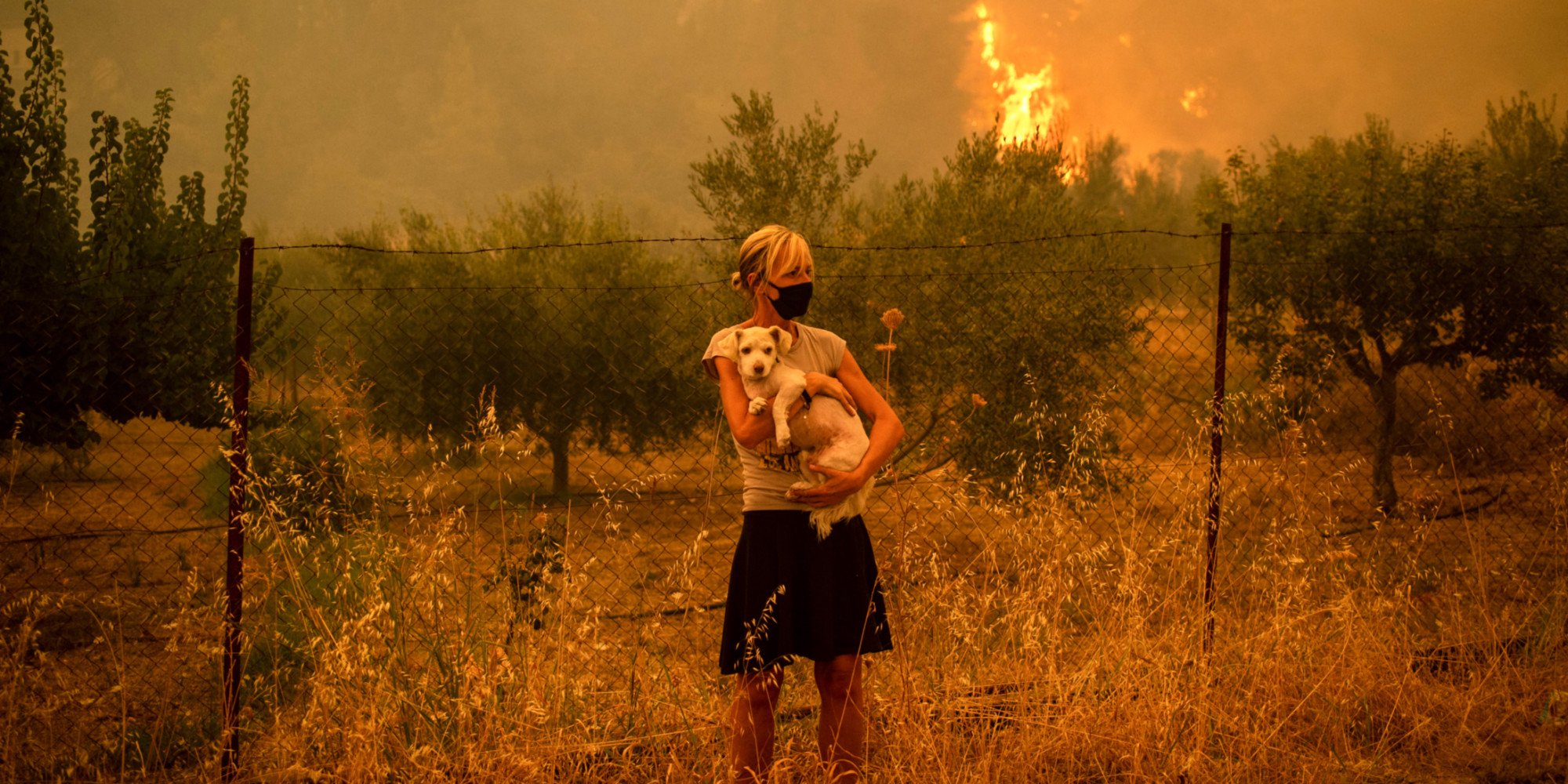The Intergovernmental Panel on Climate Change (IPCC) presents this Monday a new report on the progress of global warming.
This document is eagerly awaited, in the context of the accumulation of extreme climatic events on the planet.
Europe 1 takes stock of what you need to know ahead of this publication.
DECRYPTION
It will probably be the most read report in the history of the IPCC.
On Monday, the Intergovernmental Panel on Climate Change presents a new document on the progress of global warming, the first in seven years.
Some will argue that he couldn't have come out at a more revealing time.
Its publication comes as natural disasters have piled up in recent weeks with fires in Greece, Turkey and Lebanon and dramatic floods that have hit Germany and Belgium.
>> Find the morning show of the day in replay and podcast here
An important basis for COP26
The context therefore encourages us to take the report's forthcoming results seriously. For experts, the recent accumulation of extreme weather events is a sign that heads of state can no longer wait to take action on the climate. The wait is also explained by the fact that this report, which has thousands of pages, will play a decisive role at the world climate conference, COP26, which will take place next November in Glasgow, Scotland. It is on this document that the leaders of the whole world will use to define the climate objectives for the coming years.
"The idea is to synthesize the state of scientific knowledge available so that there are no more discussions on science and that we can then negotiate on the solutions to be provided", specifies the microphone from Europe 1 researcher François Gemmene, one of the authors of the report.
Member countries recognize worsening global warming
Upstream of the publication, we simply know that the report documents all the major climate challenges of the moment: the rise of the oceans, the intensification of natural disasters or even the warming of the atmosphere.
As usual, the text was written by scientists but also by diplomats.
With 195 countries involved, it was necessary to negotiate.
Moreover, the IPCC is sometimes criticized for being under the influence of diplomats and therefore of States. But this time, one of the authors assures it: it was the scientists who had the last word. By approving this report, member countries therefore recognize the worsening of global warming. It remains to be remedied.

